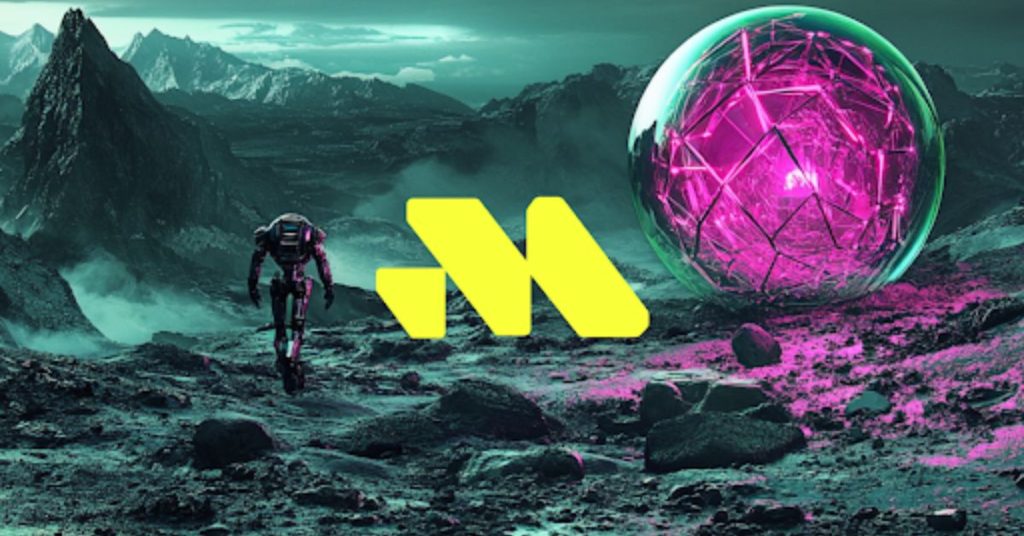The Danish government has joined forces with Novo Holdings, the investment arm of Novo Nordisk’s controlling foundation, to anchor a €300 million, which is approximately $350 million, quantum technology venture fund. The financial vehicle is designed to cement Europe’s position in one of the most competitive areas of deep tech.
The fund, launched by Copenhagen-based 55 North, has already secured a first close of €134 million and aims to become the world’s largest dedicated vehicle for quantum investments.
The initiative marks one of the most ambitious attempts yet by a European nation to bridge the gap between world-class research and commercial breakthroughs in quantum computing, sensing and communications.
The Danish government and Novo have combined in funding tech
55 North’s target fund will invest across quantum computing, sensing, communications and enabling components.
“When these technologies come to fruition, they could be transformative for some of the areas we care deeply about,” Soren Moller, managing partner for seed investments at Novo Holdings, said, reflecting the foundation’s interest in applications for life sciences and planetary health.
The move follows earlier, related investments where the foundation and the government jointly committed to an Nvidia-powered AI supercomputer last year. Earlier this summer, they agreed to co-fund a Microsoft-powered quantum computer, named Magne, which will be made available to industry and researchers.
The Magne machine, to be built with Microsoft and Atom Computing and operated by a new entity, QuNorth, is expected to begin work by early 2027.
Lab breakthroughs turn into investable companies
Europe has long led in quantum science, and over the years, it has seen research coming out of the continent become investable technology firms; however, this progress isn’t moving at the pace observed in places like the US and China.
55 North’s founding team has already placed early bets in areas such as quantum hardware and cryogenics.
Novo Holdings, on the other hand, is known for its exploits in the pharmaceutical world. The foundation has pointed out that quantum-enabled simulation could materially accelerate drug discovery and complex molecular modelling.
At the same time, Novo Nordisk has reason to invest and diversify as it faces mounting competitive pressures in the US obesity market and has announced substantial job reductions as it reorganizes under new leadership.
Risks, geopolitics and the long game
Quantum technology is still largely experimental and real-world applications are growing. However, the time it may take to yield major returns to investors may take years, if not decades.
Denmark’s route of combining public backing with one of Europe’s most powerful foundations may be the way to go as funding deep technologies like this one are usually too risky for conventional venture capitalists.
Analysts point out that quantum investment in the US is the highest, with companies such as IBM, Google and Amazon pouring billions into the field. China, meanwhile, has committed heavily to national programs. Europe’s challenge will include securing essential supply chains on top of scaling its startups and retaining talent.
If successful, the fund could strengthen Europe’s role in quantum-enhanced pharmaceuticals, artificial intelligence, cybersecurity and climate modeling.
Join a premium crypto trading community free for 30 days - normally $100/mo.
















 English (US)
English (US)